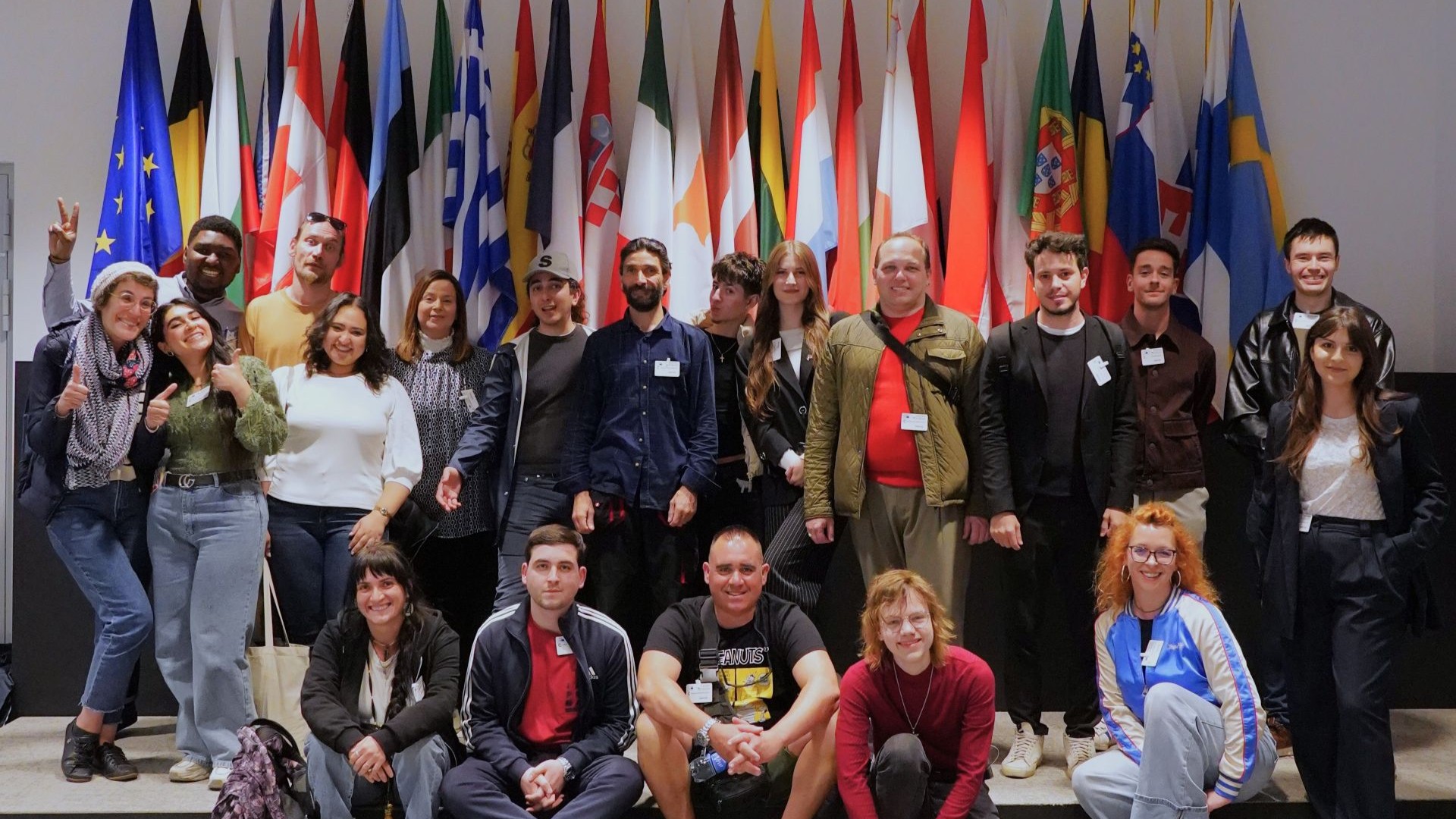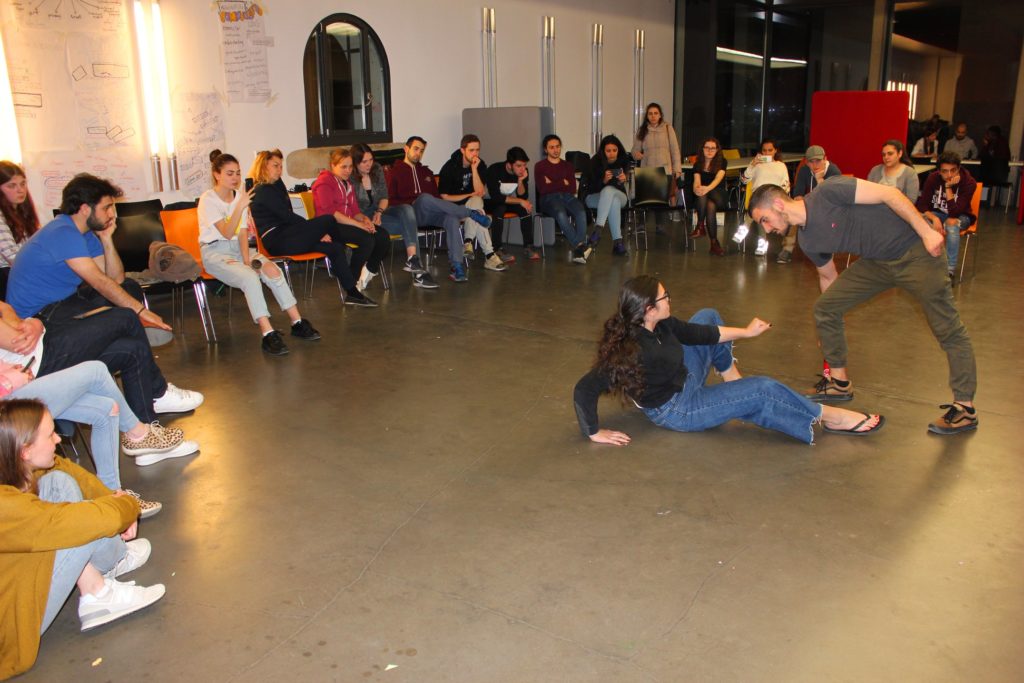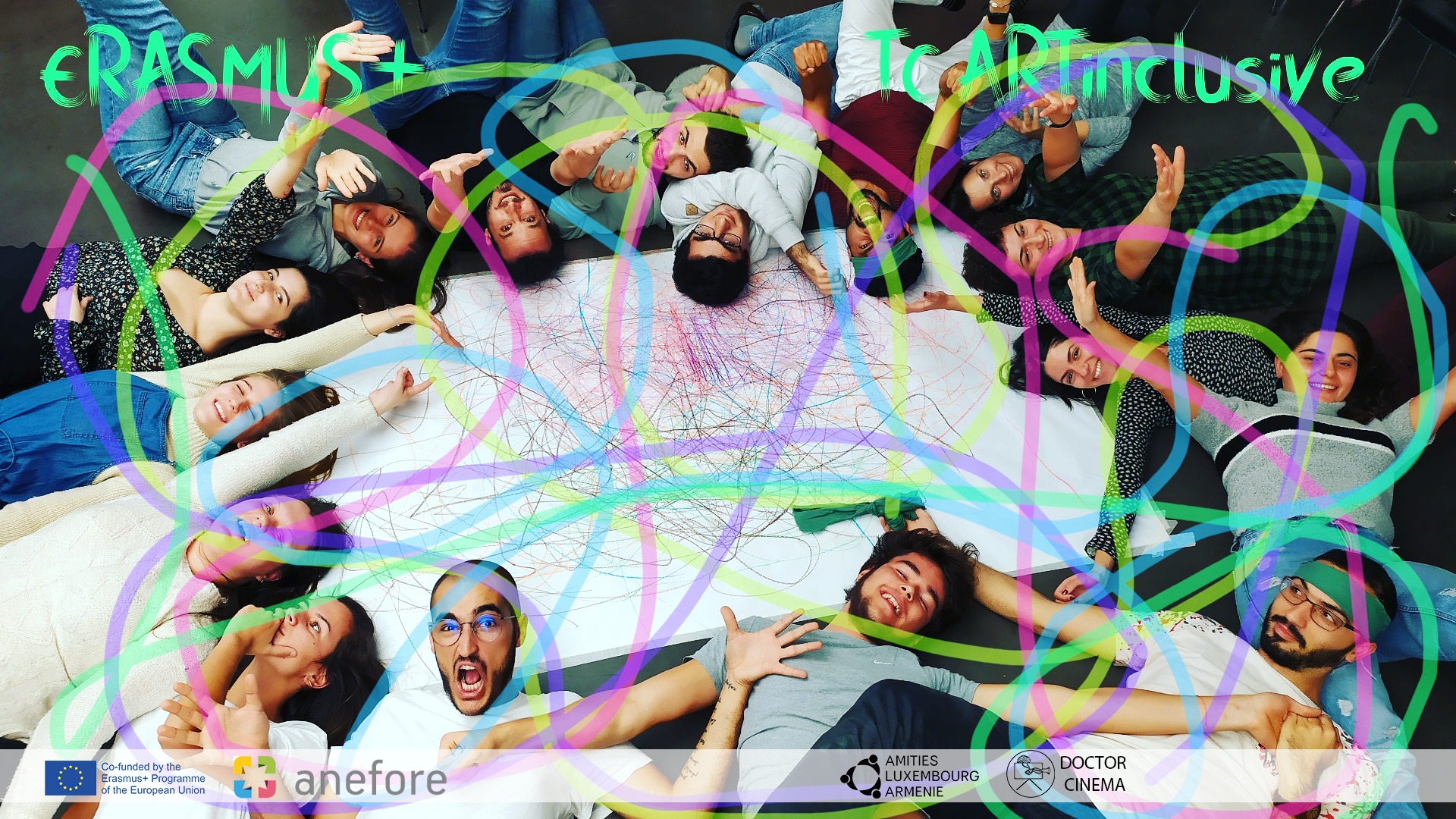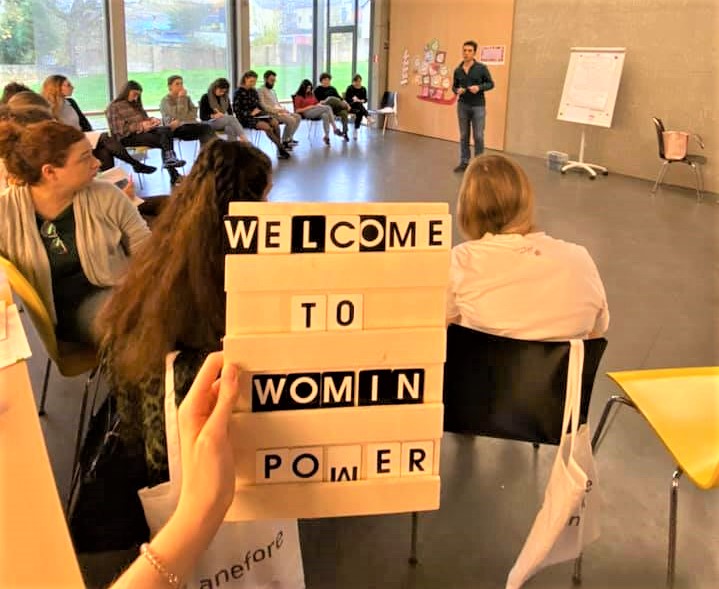CAN WE TALK? Tips for Respectful Conversation: Combating Hate Speech through Education and Dialogue
The rise of online hate speech, particularly during the COVID-19 pandemic, has become a critical issue worldwide. With social media serving as the primary means of communication for many, young people have increasingly been exposed to toxic environments online. Hate speech, which has the potential to incite violence and discrimination in real life, presents a significant threat to social cohesion. To address this urgent issue, the “CWT CAN WE TALK? Tips for Respectful Conversation” project was developed under the LTTC (Long-Term Training Course) framework to promote respectful dialogue and tolerance, inspired by the No Hate Speech Movement (NHSM) initiated by the Council of Europe in 2013.
The NHSM, launched to foster tolerance and respectful online interactions, provided the foundation for the CWT project. Recognizing the surge in online hate speech during the pandemic, the project aimed to equip youth workers, educators, and trainers with the tools and competencies needed to combat hate speech effectively. By doing so, it sought to empower young people to contribute positively to the online discourse and prevent the negative impact of hate speech from manifesting in real-world violence and discrimination.
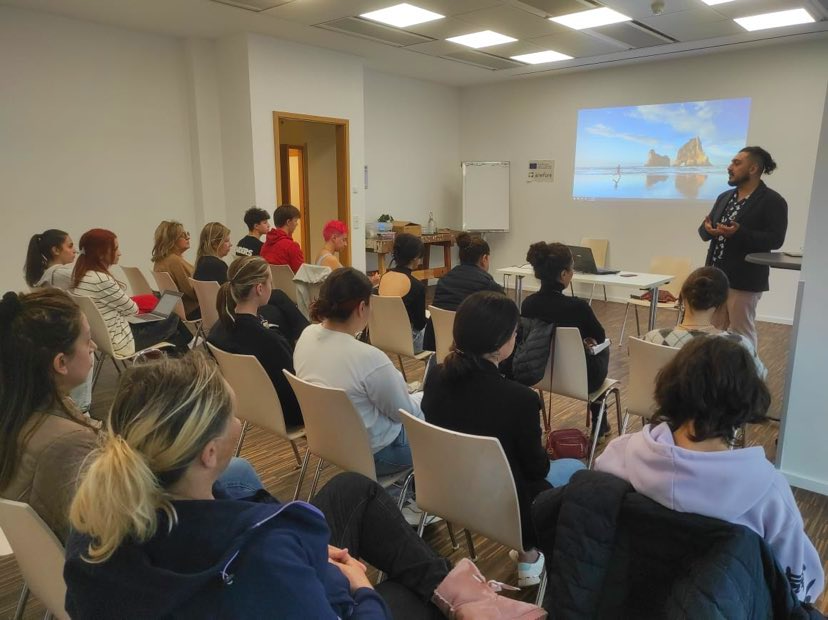
Project Overview and Activities
The “CAN WE TALK?” initiative comprised two key activities implemented in Luxembourg during 2022. Both activities focused on capacity building for educators and youth workers, employing non-formal education methods to tackle hate speech among young people.
- Training Course for Youth Workers, Teachers, and Trainers
The first activity took place from October 22-28, 2022. This training course targeted youth workers, teachers, and trainers who were positioned to influence young people directly. The objective was to provide these professionals with knowledge, skills, and behavioral insights to address hate speech effectively. The course introduced several key concepts, such as:
Peace Education: Participants learned how to foster environments of peace and understanding, both online and offline, among young people.
Conflict Transformation: Practical tools for transforming conflict situations into opportunities for dialogue and understanding were explored.
Intercultural Dialogue: Participants were introduced to approaches that promote dialogue across cultural boundaries, which is essential for combating stereotypes and prejudices.
Human Rights Education: The course emphasized the importance of human rights in promoting respectful online interactions.
The training also provided practical tools for educators to use with young people, enabling them to disseminate the NHSM’s educational approaches and materials. Special attention was given to using “Bookmarks”—a manual developed in 2014 for combating hate speech online through human rights education—as an educational resource. Participants learned how to implement these resources in their respective communities and contexts.
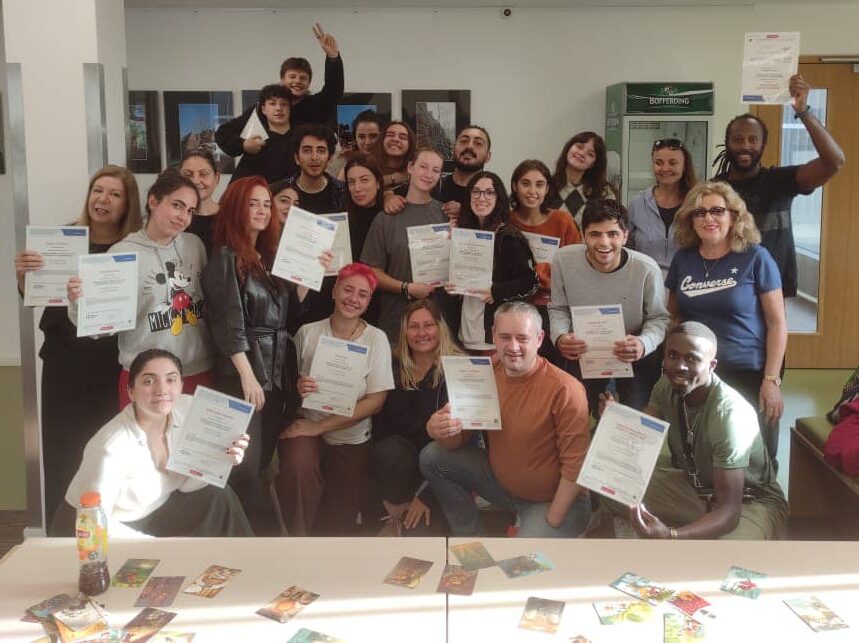
- Seminar for Practitioners and Peer Educators
The second activity, held from December 12-18, 2022, gathered practitioners and peer educators to share best practices and develop new educational tools. The seminar resulted in the creation of a guidebook aimed at raising awareness among stakeholders on how to prevent the misinformation. This guidebook empowered users to become agents of change by sharing accurate information and promoting respectful communication in the face of disinformation and online hate speech.
The Seminar CWT project was built around several key objectives that were achieved throughout its implementation:
- Awareness Raising: One of the primary goals was to raise awareness among young people about hate speech, its consequences, and how to address it. The project successfully engaged youth in educational activities that connected them to the broader No Hate Speech Movement.
- Educational Competency Building: Educators and youth workers were equipped with tools and strategies to engage young people in conversations about hate speech and its detrimental effects. The project also introduced new educational approaches centered around peace education, human rights, and conflict transformation.
- Campaign Creation and Simulation: Participants were given hands-on experience in creating materials for awareness campaigns, including posters, videos, and articles. They also simulated running a campaign, working through every stage from preparation to evaluation. This experiential learning allowed participants to refine their skills and develop confidence in combating hate speech through active outreach.
Looking Forward: Empowering Agents of Change
The “CWT CAN WE TALK? Tips for Respectful Conversation” project succeeded in empowering educators and young people to become active agents of change within their communities. By providing them with the knowledge and tools to challenge hate speech and promote respectful online interactions, the project contributed to a broader cultural shift toward tolerance, understanding, and positive dialogue.
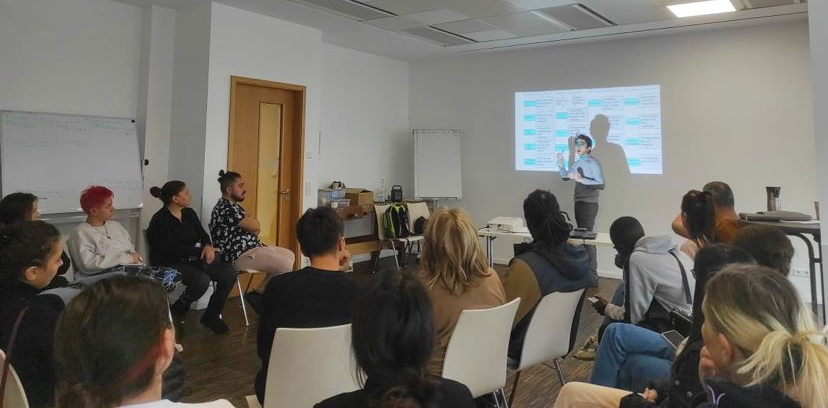
Moving forward, the outcomes of this initiative will continue to have a lasting impact as participants take the lessons learned back to their own countries and communities. The tools and materials developed during the project, including the guidebook on combating misinformation and the educational resources from the NHSM, will serve as valuable references for future initiatives aimed at tackling hate speech.
Ultimately, “CAN WE TALK?” demonstrates the power of education and dialogue in addressing complex social issues, proving that through respect and understanding, online spaces can be transformed into environments that reflect the values of human dignity and equality.
Below you can see the materials created by the participants of the project CWT:
A handbook created by the participants for youth workers.
Campaign materials provoking discussions about inclusivity, human dignity and stereotypes.
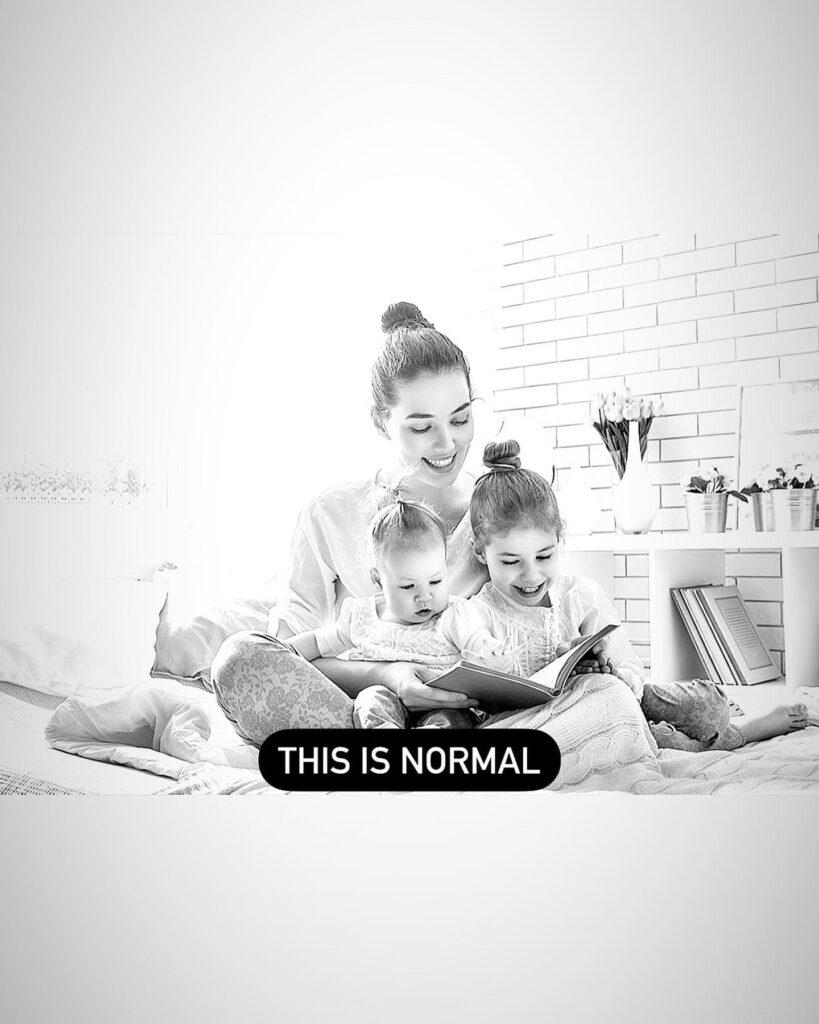


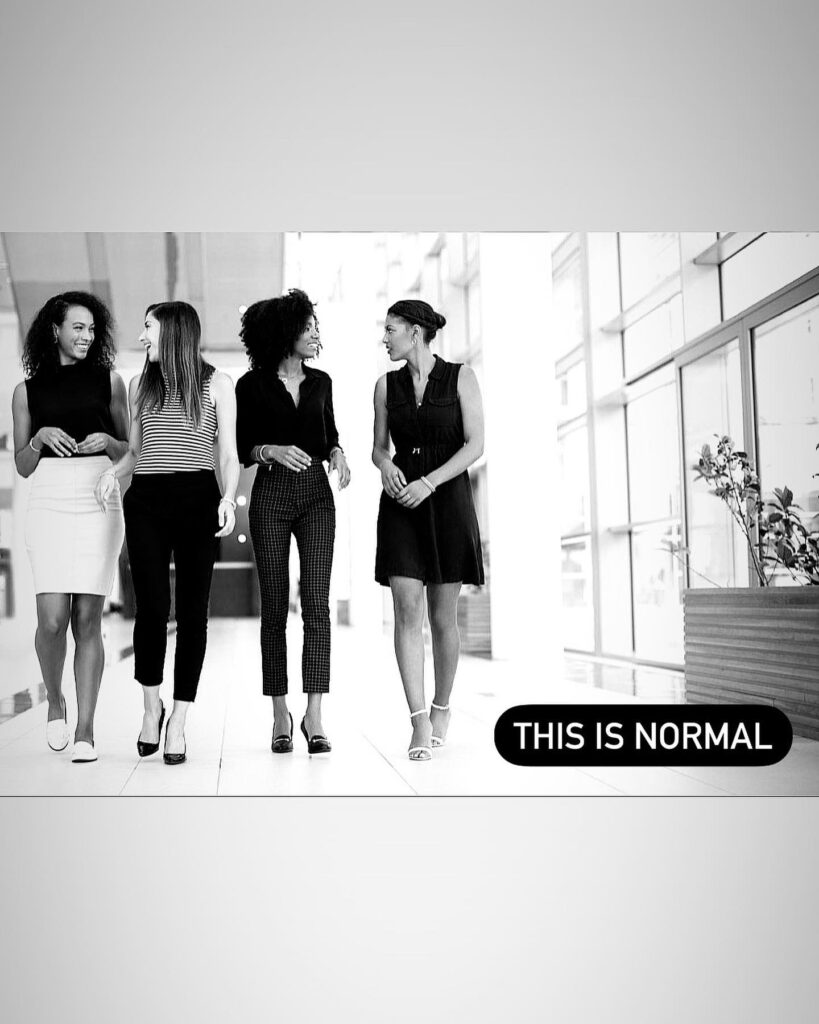



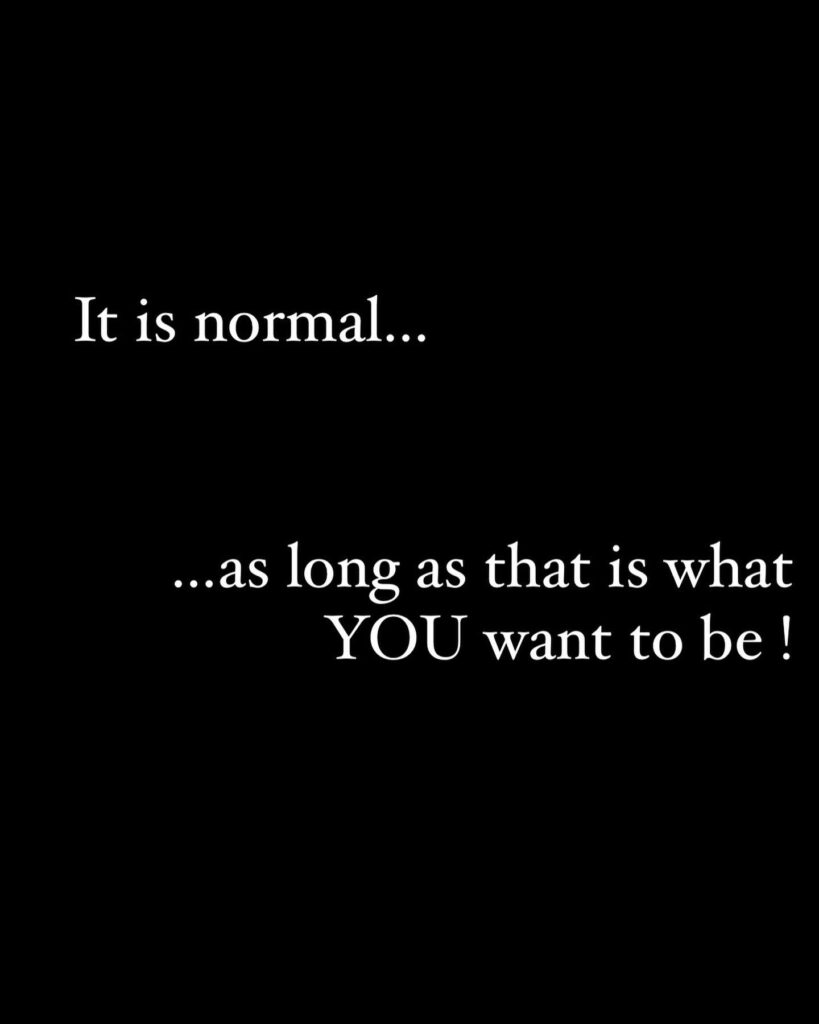
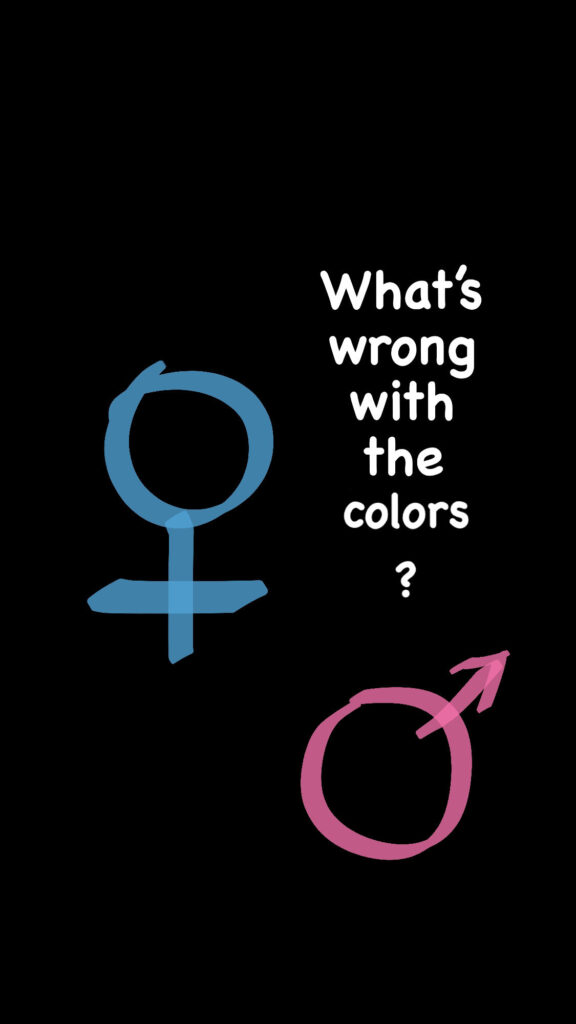
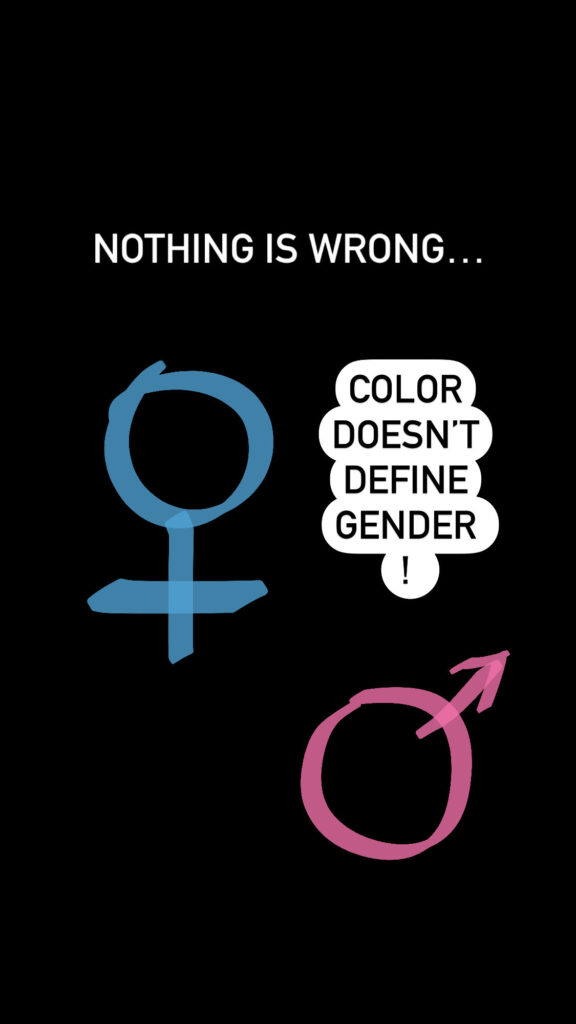
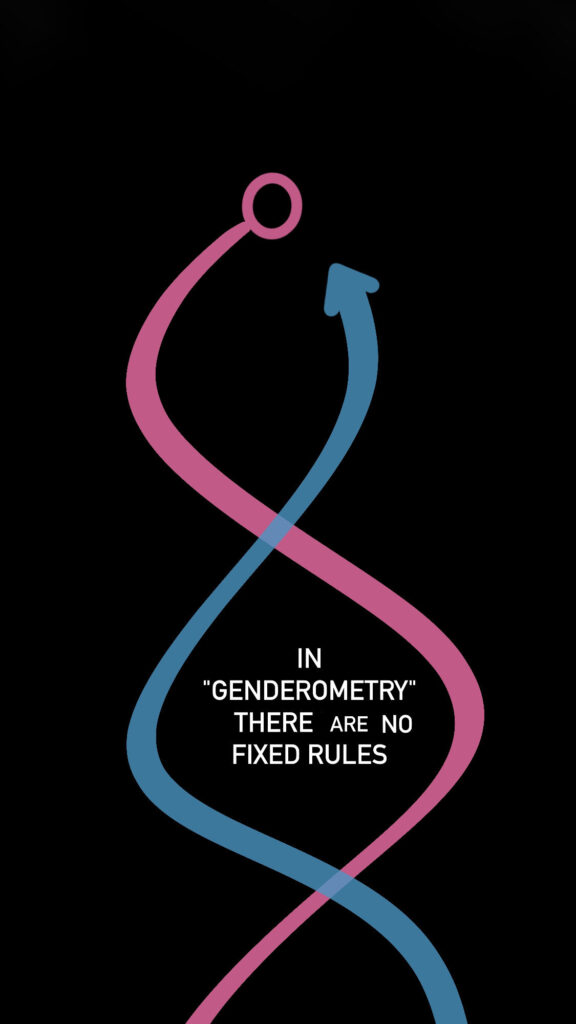
Article: Sexual harassment in workplace
